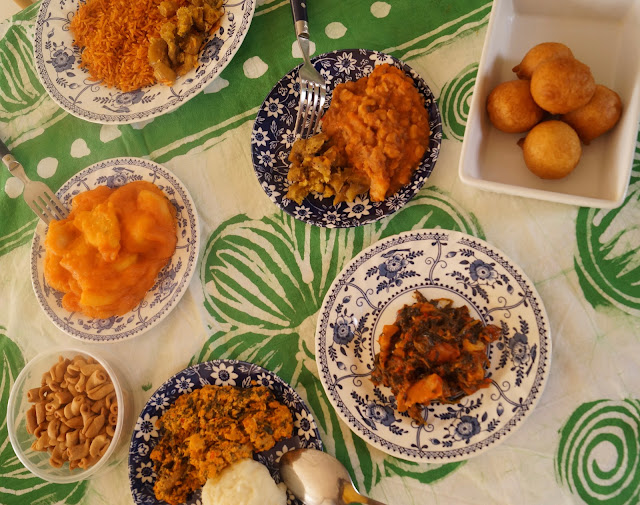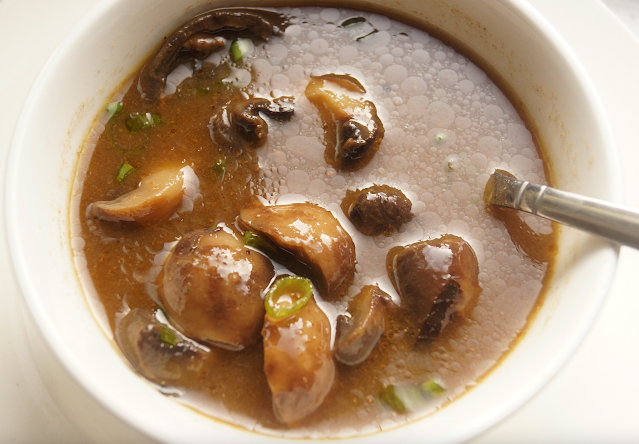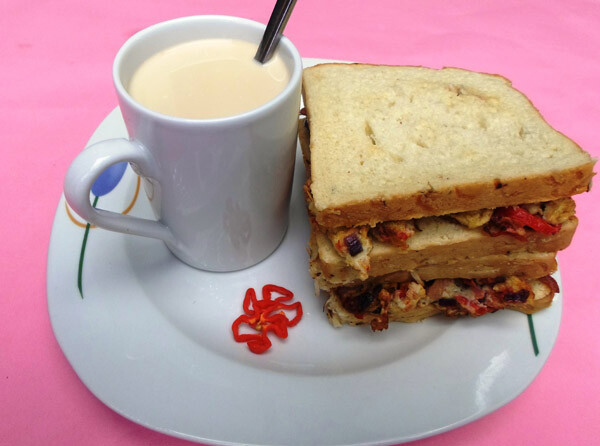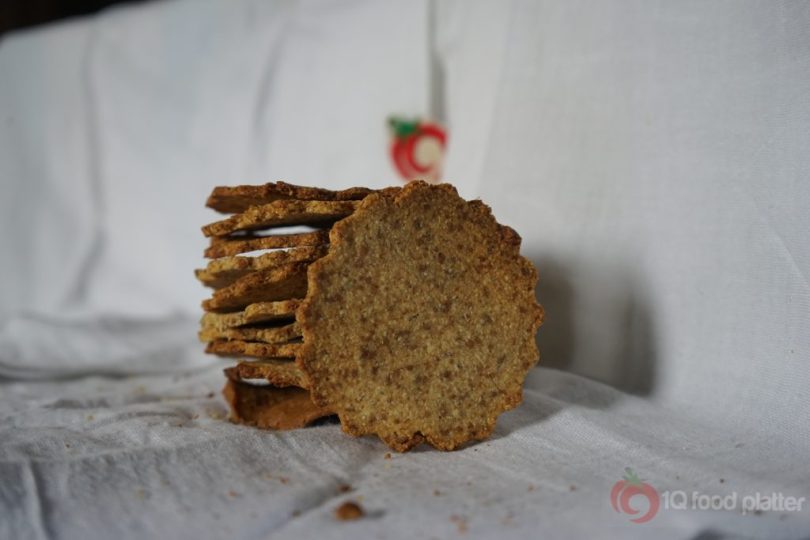As we begin 2024, Veganuary presents an exciting opportunity for Nigerians to explore plant-based living for one month. While this might seem like a departure from traditional Nigerian cuisine, it’s actually a chance to rediscover our rich culinary heritage through a sustainable and compassionate lens.
Nigerian cuisine naturally lends itself to vegan cooking, with its foundation built on plant-based staples like beans, yam, rice, cassava, and maize, along with an abundance of fresh fruits and vegetables. This makes the transition to Veganuary both accessible and culturally relevant.
Ingredients
- Common Nigerian vegan staples like rice, beans, and yams
- Local vegetables (okra, garden eggs, leafy greens)
- Plant-based proteins (mushrooms, tofu/wara)
- Traditional spices and seasonings
- Fresh fruits and vegetables
Steps to Follow
- Step 1: Begin by identifying vegan ingredients in your current diet
- Step 2: Replace animal products with plant-based alternatives
- Step 3: Try traditional Nigerian dishes like Jollof Rice without animal products
- Step 4: Experiment with vegan versions of Okra Soup and Yam Pottage
- Step 5: Incorporate local meat alternatives like mushrooms and tofu
Additional Instructions
- Prep time: Varies by recipe
- Serves: Flexible based on preparation
- Focus on local, seasonal produce for best results
- Download available vegan guides for additional support
- Join online communities for recipe inspiration
- Consider health benefits: lower risk of heart disease and diabetes
- Storage: Keep ingredients fresh and properly stored
- Environmental impact: Reduces carbon footprint
General Nutritional Values
- Approx. Calories: 400-600 kcal per meal
- Approx. Protein: 15-20g per serving
- Approx. Carbohydrates: 60-80g per serving
- Approx. Fat: 10-15g per serving
- High in fiber, vitamins, and minerals







Leave a Comment